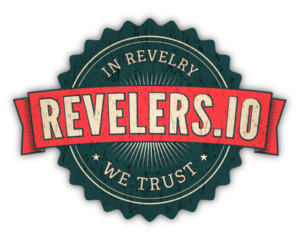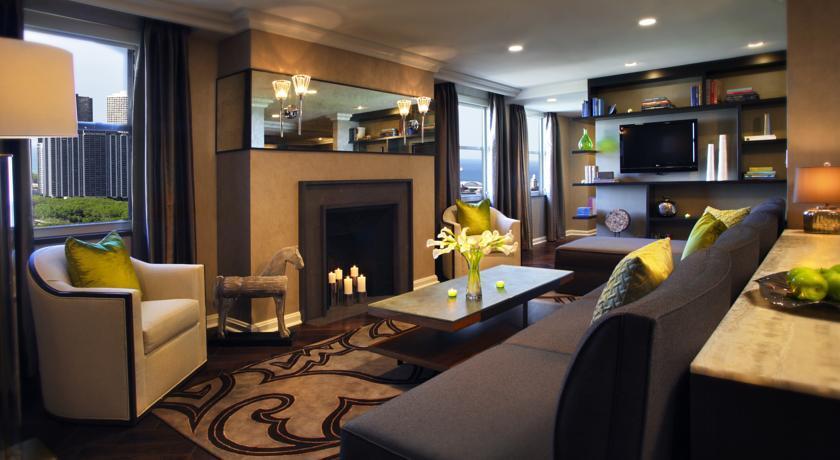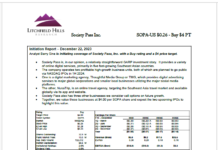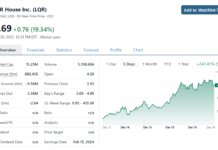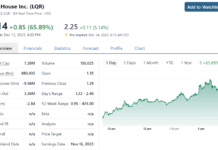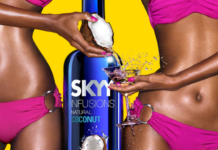Who’s Really Winning the Direct Booking Wars Between Hotels and Online Travel Agencies? (Skift)
Editor’s Note: Skift Senior Hospitality Editor Deanna Ting presented a version of this story at the Bernstein Hotels Versus OTAs conference in New York on Thursday, February 28 to an audience of investors in the travel and hospitality industries.
So, who is winning the so-called direct booking wars? Is it the hotels? Is it the online travel agencies? Is it Google? Is it the consumer?
This is a question that so many people in the travel industry have attempted to answer and, thus far, we’ve seen some statistics that seem to suggest that the tide is changing a bit.
Back in November 2017, a little more than a year after many of the major U.S. hotel companies launched their respective direct booking pushes, a report from Kalibri Labs suggested that the hotels were, indeed, winning.
Compiling data from its database of more than 25,000 hotels in the U.S., including validated costs and daily transactions directly sourced from the hotels’ systems, Kalibri Labs found that there was indeed a shift in consumer behavior toward brand.com sites versus online travel agencies such as Booking.com or Expedia. More consumers than ever before chose to book direct versus booking on a third-party site.
Not only did the direct booking campaigns encourage consumers to book direct, but the Kalibri study also found that these campaigns were more beneficial for hotel owners than previously assumed. The hotels’ direct-booking campaigns — even by offering discounted rates to consumers — were actually generating more revenue for hotel owners than the online travel agencies were.
Kalibri Labs found that the net average daily rate of brand.com discounted loyalty rates was higher than the net average daily rate of room rates on the online travel agencies. The median net revenue benefit ranged from $9,000 to $33,000 per hotel as well, taking into account all discounts and loyalty and commission costs.
More recently, a newer report from Kalibri also showed that those direct booking campaigns engendered loyalty, or repeat business from consumers.
“Some people were sure [consumers] just signed up [for the hotel loyalty programs] to get discounts and that those members may have dropped off,” Kalibri Labs CEO and co-founder Cindy Estis-Green told Skift last month. “We didn’t track data by numbers of personally identifying information because of security, but the loyalty numbers keep going up. Fifty percent and growing is now the average when it comes to contribution to occupancy from brand.com channels.”
There are a few things to note here, however: The same time period covered by this second study was also when hotels enacted stricter cancellation policies, which may have had some impact on guest bookings.
So while Kalbri’s data and other data sources generally point to a slight shift toward more direct hotel bookings, that’s not the whole story in its entirety.
THE HOTEL PERSPECTIVE
Now, if you listen to the earnings calls from the likes of Marriott, Choice, Hilton, IHG, Wyndham, Hyatt, and others, the CEOs of all those companies have rattled off recent statistics that show that their respective shares of direct bookings continue to rise.
I’m going to take a look at Hilton in particular, because Hilton has really been at the forefront of the direct booking pushes here in the U.S. In 2016, the company launched its biggest ever marketing campaign, called “Stop Clicking Around.”
Since then, Hilton has seen its loyalty membership rise, along with its direct bookings. It had just 51 million loyalty members at the end of 2015. Today, it has 85 million.
During Hilton’s most recent earnings call, CEO Chris Nassetta said that the company’s Web-direct channels “remain the fastest-growing channels that we have and are growing at a much faster rate than OTA channels.” That rate is three times the rate of all other channels.

